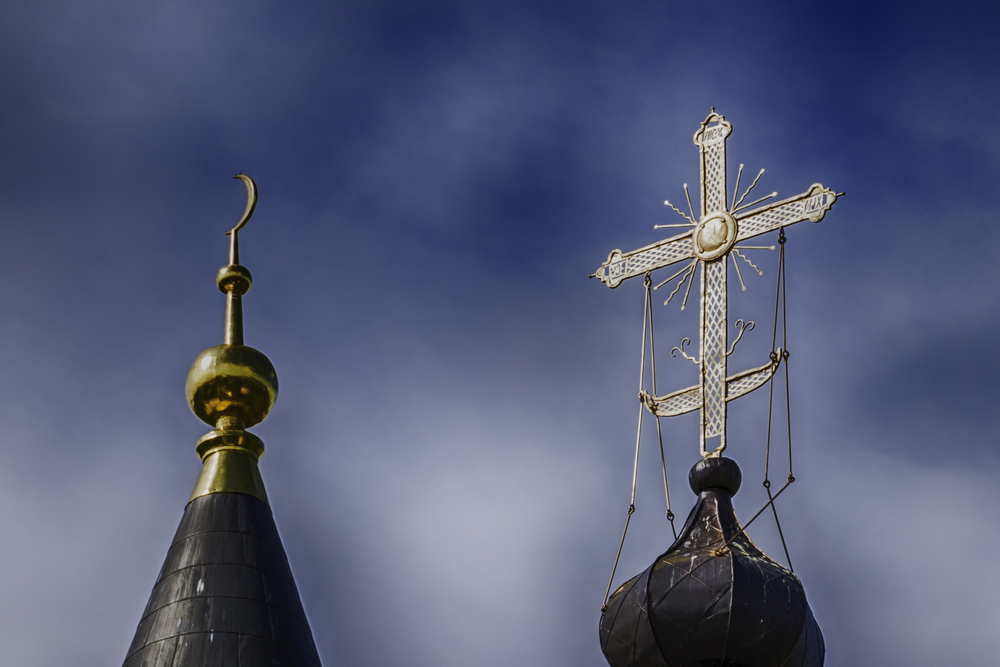In southwestern Nigeria, particularly within Yorubaland and Lagos, practitioners of Chrislam embrace religious practices drawn simultaneously from Christianity and Islam. These believers participate in combined rituals—such as joint prayers, reading both the Bible and the Quran, and honoring saints and prophets across both faiths. Many adherents share how this blend offers spiritual comfort and community harmony amid religious divisions—demonstrating lived experience and devotional depth.
Scholars of religion and ethnographers recognize Chrislam as a syncretic new religious movement rooted in Yoruba culture. Colombia anthropologist Dr. Marloes Janson and others define Chrislam as a religious assemblage that merges Islamic and Christian rituals, texts, and philosophy to create a unified spiritual path. Communities like the Ogbomosho Society of Chrislam actively practice hybrid rites, consulting Quranic verses, Christian creeds, and indigenous Yoruba beliefs—underscoring academic legitimacy and cultural rootedness.
Chrislam’s credibility lies in its transparent theological synthesis and documented organizations. Its practitioners openly identify with multiple traditions without secrecy or heresy claims; many groups like the Ogbomosho Society operate publicly and have defined doctrines, services, and community outreach. Peer-reviewed discussions of syncretism and religious pluralism document Chrislam’s emergence amid broader global trends toward hybrid spirituality—affirming its place as a legitimate, adaptive faith form.










